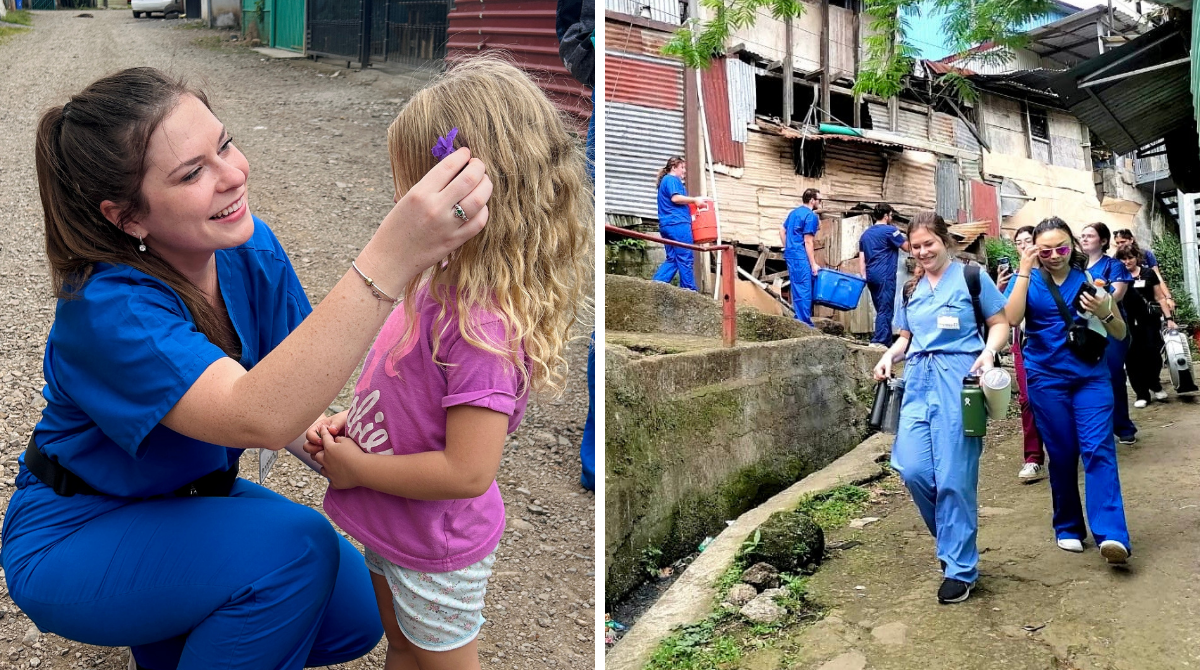
Assistant Professor, Data Science
For the past 20 years, Dr. St. Hilaire has been engaged in basic human research with a focus on combining computational and experimental approaches to understand the impact of insufficient sleep and circadian rhythm disruption on human health and performance. She is an accomplished early-stage investigator who recently served as PI on an NIH-funded R21 as well as a NASA-funded Omnibus award, and currently serves as PI on NIH-funded R01 and R03 awards. She also serves as co-I on a number of federally funded studies. She has over a decade of experience conducting highly controlled inpatient studies, the main focus of which have been to apply different sleep-wake schedules to study changes in neurobehavioral performance and alertness under both total sleep deprivation and different patterns of chronic sleep restriction. Her computational work related to these experiments has focused on the development of mathematical models of sleep, circadian rhythms, light and performance, and machine learning and predictive analytic approaches to identifying an individual’s response to sleep loss phenotype and risk of neurobehavioral impairment. She also has expertise in the analysis of multiple hormones measured from blood samples collected during both inpatient laboratory and field-based studies, including female sex hormones.
St Hilaire MA, Ámundadóttir ML, Rahman SA, Rajaratnam SMW, Rüger M, Brainard GC, Czeisler CA, Andersen M, Gooley JJ, Lockley SW. The spectral sensitivity of human circadian phase resetting and melatonin suppression to light changes dynamically with light duration. Proc Natl Acad Sci U S A. 2022 Dec 20;119(51):e2205301119. doi: 10.1073/pnas.2205301119. Epub 2022 Dec 12. PMID: 36508661.
St Hilaire MA, Lockley SW. Measuring Urinary 6-Sulphatoxymelatonin in Humans.
Methods Mol Biol. 2022;2550:21-28. doi: 10.1007/978-1-0716-2593-4_4. PMID: 36180673.
St Hilaire MA, Lockley SW. Measuring Dim Light Melatonin Onset in Humans.
Methods Mol Biol. 2022;2550:13-20. doi: 10.1007/978-1-0716-2593-4_3. PMID: 36180672.
St Hilaire MA. Modeling (circadian). Prog Brain Res. 2022;273(1):181-198. doi: 10.1016/bs.pbr.2022.04.007.
Epub 2022 Jul 15. PMID: 35940716.
St Hilaire MA, Lammers-van der Holst HM, Chinoy ED, Isherwood CM, Duffy JF. Prediction of individual differences in circadian adaptation to night work among older adults: application of a mathematical model using individual sleep-wake and light exposure data. Chronobiol Int.
2020 Sep-Oct;37(9-10):1404-1411. doi: 10.1080/07420528.2020.1813153.
Epub 2020 Sep 6. PMID: 32893681; PMCID: PMC7936005.
Cochrane C, Ba D, Klerman EB, St Hilaire MA. An ensemble mixed effects model of sleep loss and performance. J Theor Biol.
2021 Jan 21;509:110497. doi: 10.1016/j.jtbi.2020.110497.
Epub 2020 Sep 20. PMID: 32966825; PMCID: PMC8631086.
Klerman EB, Rahman SA, St Hilaire MA. What time is it? A tale of three clocks, with implications for personalized medicine. J Pineal Res.
2020 May;68(4):e12646. doi: 10.1111/jpi.12646.
Epub 2020 Mar 25. PMID: 32155668; PMCID: PMC7285860.
St Hilaire MA, Kristal BS, Rahman SA, Sullivan JP, Quackenbush J, Duffy JF, Barger LK, Gooley JJ, Czeisler CA, Lockley SW. Using a Single Daytime Performance Test to Identify Most Individuals at High-Risk for Performance Impairment during Extended Wake.
Sci Rep. 2019 Nov 13;9(1):16681. doi: 10.1038/s41598-019-52930-y. PMID: 31723161; PMCID: PMC6853981.
Kronauer RE, St Hilaire MA, Rahman SA, Czeisler CA, Klerman EB. An Exploration of the Temporal Dynamics of Circadian Resetting Responses to Short- and Long-Duration Light Exposures: Cross-Species Consistencies and Differences. J Biol Rhythms.
2019 Oct;34(5):497-514. doi: 10.1177/0748730419862702.
Epub 2019 Aug 1. PMID: 31368391; PMCID: PMC7363039.
Shannon Connolly ’19 M‘25 previously as an undergraduate student went on four SEND trips to Jamaica and West Virginia.
